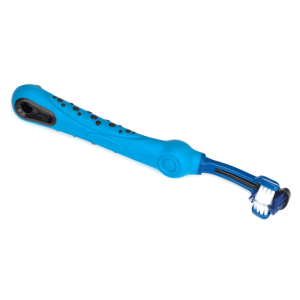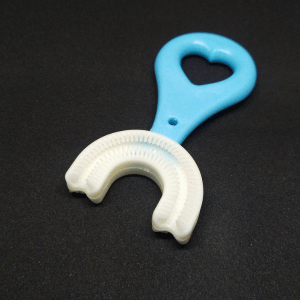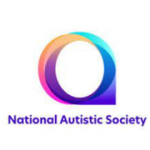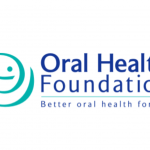Brushing teeth and visiting the dentist can be a challenge on the senses, triggering anxiety for many autistic people. This can therefore result in them avoiding dentists and appropriate dental hygiene due to the unfamiliar sounds, smells, tastes, textures, and appearance.
Many autistic people may be at risk of having certain dental conditions, due to diet, medication, and lifestyle, therefore maintaining good oral health will help reduce the risk of any dental issues.
Brushing Teeth
Brushing teeth is essential as it removes plaque, keeps teeth and gums healthy, protecting against gum disease and tooth decay. It is important to clean every surface of your teeth, although this may be difficult for someone who is autistic.
To minimise irritation, you could try using a small headed manual toothbrush with soft bristles (like a small child’s brush). A specialist toothbrush, with 3 sided bristles that wrap around the teeth, could make brushing easier because they brush more surfaces simultaneously.
A U-Shaped whole mouth toothbrush with silicone bristles could be beneficial if the texture of the bristles is causing sensory issues.
An electric toothbrush can be quite distressing, due to the noise, vibration, and speed of the brushing for an autistic person.
The priority should be trying to clean all the surfaces of all your teeth and using a fluoride toothpaste.
Many autistic people don’t like the taste and texture of toothpaste. Certain brands are available which are flavourless or low foaming. If you are really struggling, or avoid brushing completely, try brushing the teeth with just water and then apply some fluoride toothpaste around the teeth.
Toothpaste containing 1350-1500ppm (parts per million) fluoride should be used to help protect against tooth decay. A dentist may recommend a high concentration of fluoride or in special cases can prescribe a high fluoride toothpaste if you are particularly susceptible to tooth decay.
It is fine to unintentionally swallow the residual toothpaste after brushing if the recommended amount is used. However, some autistic people may intentionally swallow toothpaste because they like the taste or because they have pica. This can pose some health effects in the long term.
It is recommended that you brush before bed and at one other time of the day for 2 minutes. After brushing, spit out the excess toothpaste. DO NOT RINSE OUT as this washes away the fluoride. If you like to use mouthwash, use this at a different time to brushing for maximum effect.
Dental decay
Dental decay can be a challenge for autistic people due to the associated eating and drinking difficulties, often resulting in eating a smaller range of foods or due to a strong preference for foods that have the same colour or with familiar packaging.
Bacteria in the mouth breakdown sugars to produce acid that removes minerals (mainly calcium) from the hard tissues of the teeth (enamel and dentine). A diet made up largely from sugary foods and drink will cause acids to damage teeth and cause decay. Dental decay affects general health and often causes pain and infection, which may result in tooth extraction.
Therefore, try to restrict sugar snacks and drinks to mealtimes and avoid sugary drinks and snacks before bed and get yourself familiar with food and drink labels to help identify the ‘hidden sugars.’
Self-harming behaviours and grinding
Teeth grinding is a common behaviour observed in autistic people and often linked to stress. It can cause problems such as wearing down the teeth, causing pain in the jaw, teeth, and other dental issues. A dentist may be able to help with fitting a mouthguard to wear and/or recommend some stretching or massaging of the jaw muscles to help relax joints.
Self-harming behaviours to the mouth area, such as chewing the inside of cheeks or biting lips, can result in ulcers, damaged gums or teeth and trauma to lips. Visit the dentist if you notice anything that may require attention.
Leicester/Leicestershire/ Rutland Community Dental Services
Children and adults who cannot be managed by a General Dental Practitioner (GDP) can be referred to Community Dental Services by any health care professional (such as a GP).
Referrals are screened to see if they can be accepted. There needs to a clear and valid explanation of why someone is unable to use GDP services. Before making the referral, think about the reasons why a general dentist is too difficult and make a list of all the accommodations required by a community dentist to enable access to the service.
Referrals can be submitted via email or post using the form on the Leicester, Leicestershire, and Rutland Community Dental Services website.







